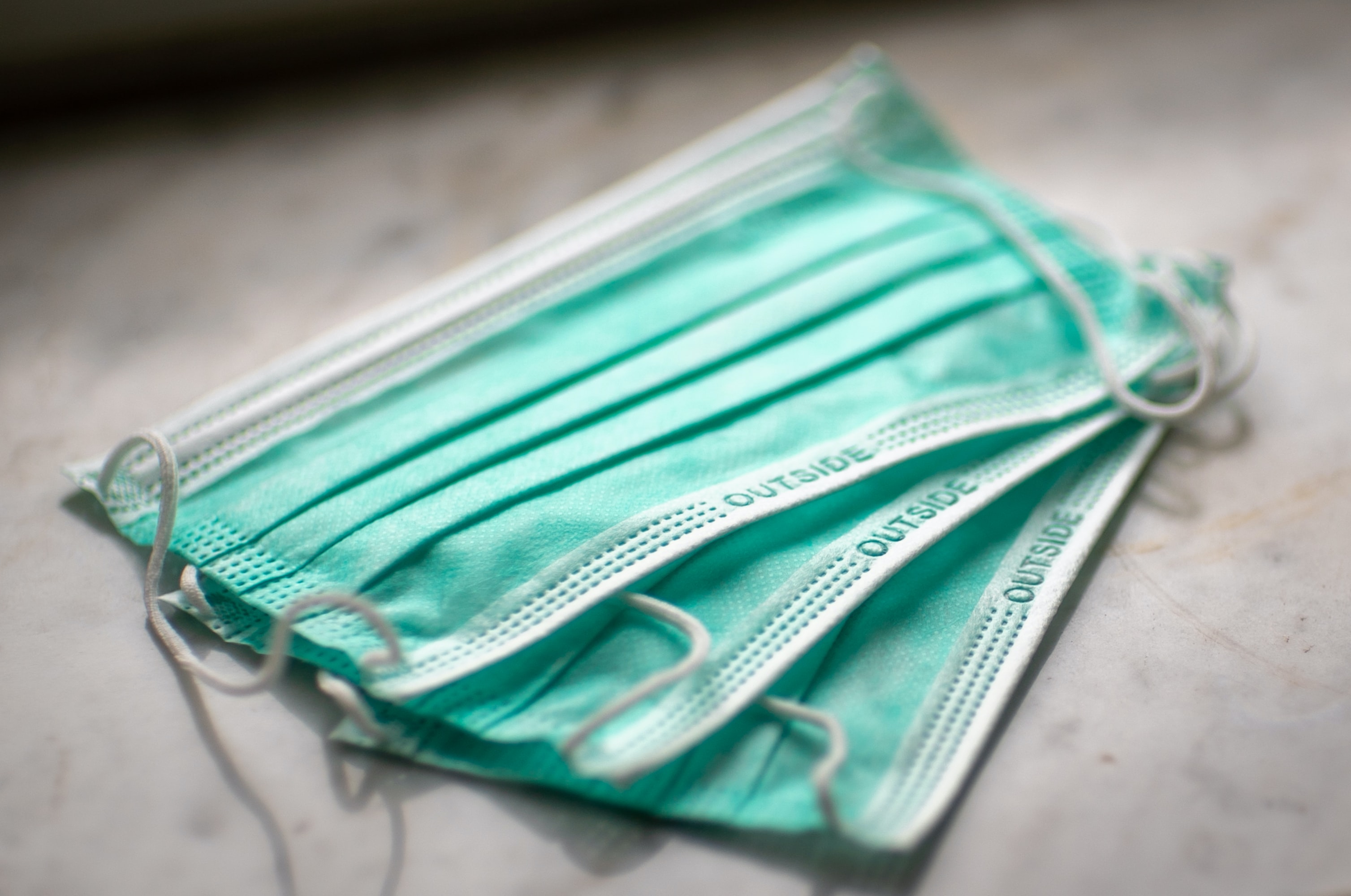The precautionary principle in mask-wearing when waiting for explicit scientific evidence is unwise
Main Article Content
Abstract
Science Magazine interview with George Gao, director-general of the Chinese Center for Disease Control and Prevention (CDC):[1]
“Q: What mistakes are other countries making?
A: The big mistake in the U.S. and Europe, in my opinion, is that people aren’t wearing masks. This virus is transmitted by droplets and close contact. Droplets play a very important role—you’ve got to wear a mask, because when you speak, there are always droplets coming out of your mouth. Many people have asymptomatic or presymptomatic infections. If they are wearing face masks, it can prevent droplets that carry the virus from escaping and infecting others.”
China and Hong Kong have specific universal mask recommendations for the general population, mostly concerning those in crowded places or at increased risk. Early in the pandemic in the US, there was a bright line claim that seemed suspicious to me: masks that are not N95 offer no protection. Another follow up claim: masks are only to prevent the spread by the wearer and do not protect the wearer. Neither claim is exactly proven and the veracity with which they were spoken may have undermined protection. The absence of incontrovertible scientific studies supporting widespread mask use is not the same as evidence that masks are ineffective. There is not evidence that masks worn by the general public are ineffective. However, many US scientists have made that very claim. Healthcare professionals who publicly said masks are ineffective or not recommended include: Jerome Adams, US Surgeon General; the US CDC; David Heymann, epidemiologist with WHO at the time of SARS (because of fear of improper use); Emily Landon, University of Chicago Medical School (because of improper use and because N95 are the only masks prove effective)[2]; Hyo-Jick Choi, Chemical Engineer, University of Alberta (because masks are for large droplets only); Eric Toner, Johns Hopkins (“no harm in it but it is not likely to be very effective”) [3]; Alax Azar, HHS secretary, (masks should be just for healthcare workers); Amesh Adalja, Johns Hopkins (masks may give false sense of security); Nancy Messonier, CDC.[4] This list could continue as others echoed theses sentiments.
From the beginning, I felt people on the subway or in crowded neighborhoods were smart to wear a mask. If I said that out loud, medical people would say “no evidence of that.” Their logic bothered me for two reasons: it was a failure to play it safe (could we not recommend those over 65 or immune compromised wear one just in case it helps?), and the claimed ineffectiveness seemed not to have been proven. Furthermore, the harms of wearing an ill-fitting mask or removing it incorrectly have been overstated without proof. It would be simple to demonstrate proper mask removal in a similar manner to the new CDC commercials on television instructing basic protective techniques.
While no one wants to advocate civilians buying the limited supply of specialized respiratory masks like the N95 mask, the stance that no other masks serve any protective benefits is incorrect and unhelpful. Some suggest a need to prevent a false sense of security that would encourage people, whether healthcare workers or not, to behave otherwise recklessly. Were we all going to ignore social distancing because the mask made us feel so secure? Aside from healthcare workers, it is doubtful the people in masks would be the people taking risks. Those not following recommended procedures for social distancing or hand washing are probably not wearing masks. While most would continue their safety habits, even if some slacked off momentarily, for example, in the check-out line at a store, the mask might be helpful.
While so many doctors and public health advocates in the US took the anti-mask for prevention stance, in other countries mask-wearing is recommended and some scientists are even recommending scarves in public to cover the nose and mouth. There is some evidence that wearing a mask can be outcome-determinative. In 2008, one review of controlled studies of SARS demonstrated that masks were protective[5] alone and were more protective when part of a regimen of hand-washing, and wearing gloves and gowns, a finding more relevant to healthcare situations than public ones. A 2013 study found surgical masks somewhat protective and possibly worthwhile when better ones are not available for healthcare workers to prevent spread of influenza.[6] While data did generate numbers to estimate prevention in lives saved or disease prevented, studies of mask use by the public require largescale epidemiology and may need to be retrospective. Finally, today a journal article agrees with me.[7] In the Lancet, the authors argue that recommendations on masks should be rational and that recommending universal mask wearing is within logic if there is availability. After recommending masks for the vulnerable, those with preexisting conditions, and older adults, the article concludes, “Universal use of face masks could be considered if supplies permit.”
March 30, 2020
Photo by Mika Baumeister on Unsplash
[1] Cohen, Jon. “Not wearing masks to protect against coronavirus is a ‘big mistake,’ top Chinese scientist says,” Science Magazine. Mar. 27, 2020. See also https://www.nytimes.com/2020/03/27/health/us-coronavirus-face-masks.html
[2] https://www.cnbc.com/2020/03/02/coronavirus-do-face-masks-work-and-how-to-stop-it-from-spreading.html
[3] https://www.businessinsider.com/coronavirus-face-mask-safe-prevention-2020-2
[4] https://www.marketwatch.com/story/the-cdc-says-americans-dont-have-to-wear-facemasks-because-of-coronavirus-2020-01-30
[5] Jefferson, Tom et al. “Physical interventions to interrupt or reduce the spread of respiratory viruses: systematic review.” BMJ (Clinical research ed.) vol. 336,7635 (2008): 77-80. doi:10.1136/bmj.39393.510347.BE
[6] Makison, C., et al, “Effectiveness of surgical masks against influenza bioaerosols,” Journal of Hospital Infection Vol. 84, No. 1, May 2013. https://www.sciencedirect.com/science/article/abs/pii/S0195670113000698
[7] Feng, Shuo, et al. “Rational use of face masks in the COVID-19 pandemic” The Lancet.
Published: March 20, 2020DOI:https://doi.org/10.1016/S2213-2600(20)30134-X

